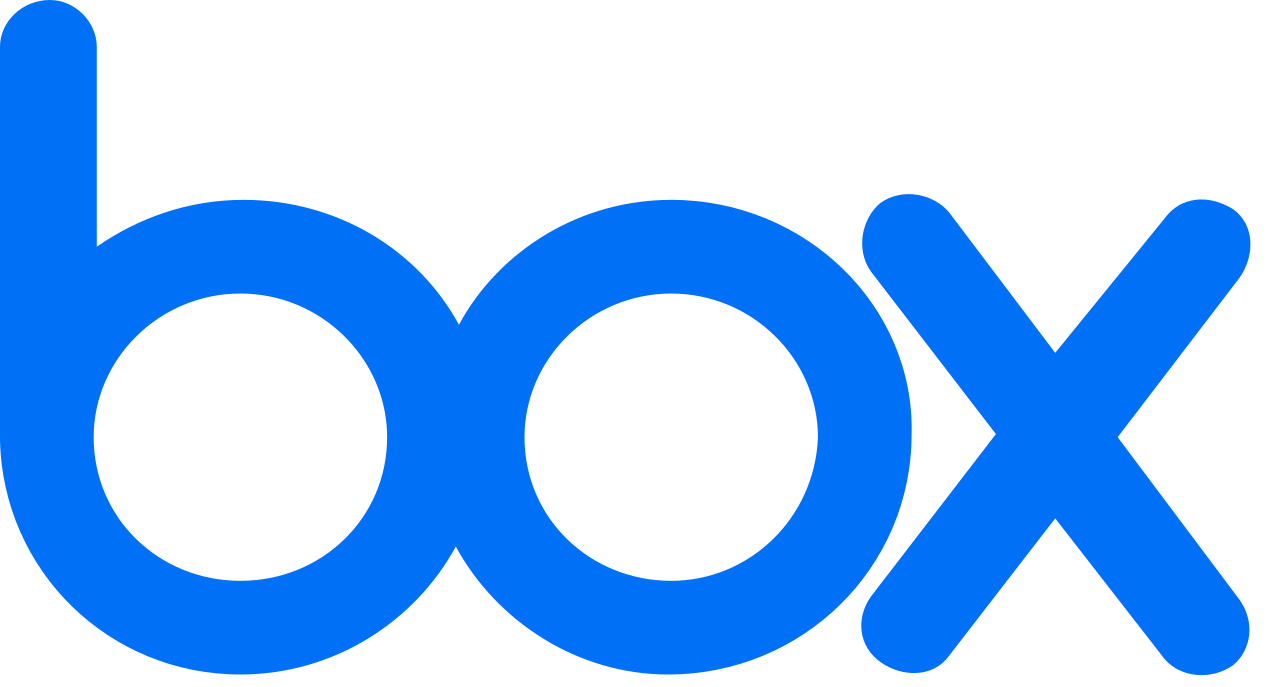I recently installed box drive on a new device, and after a few hours of normal use, I've been getting bombarded with a strange error message 'unable to open folder' for many folders i have tried opening (though certainly exist within our shared documents).




